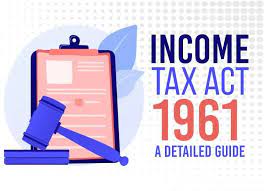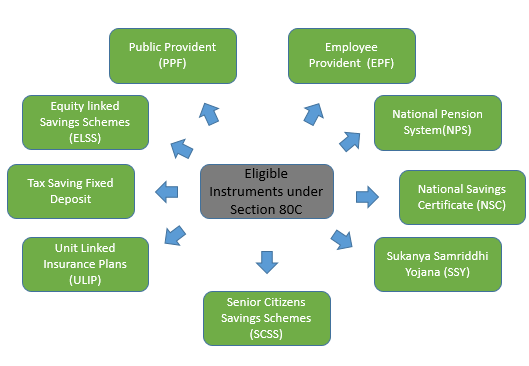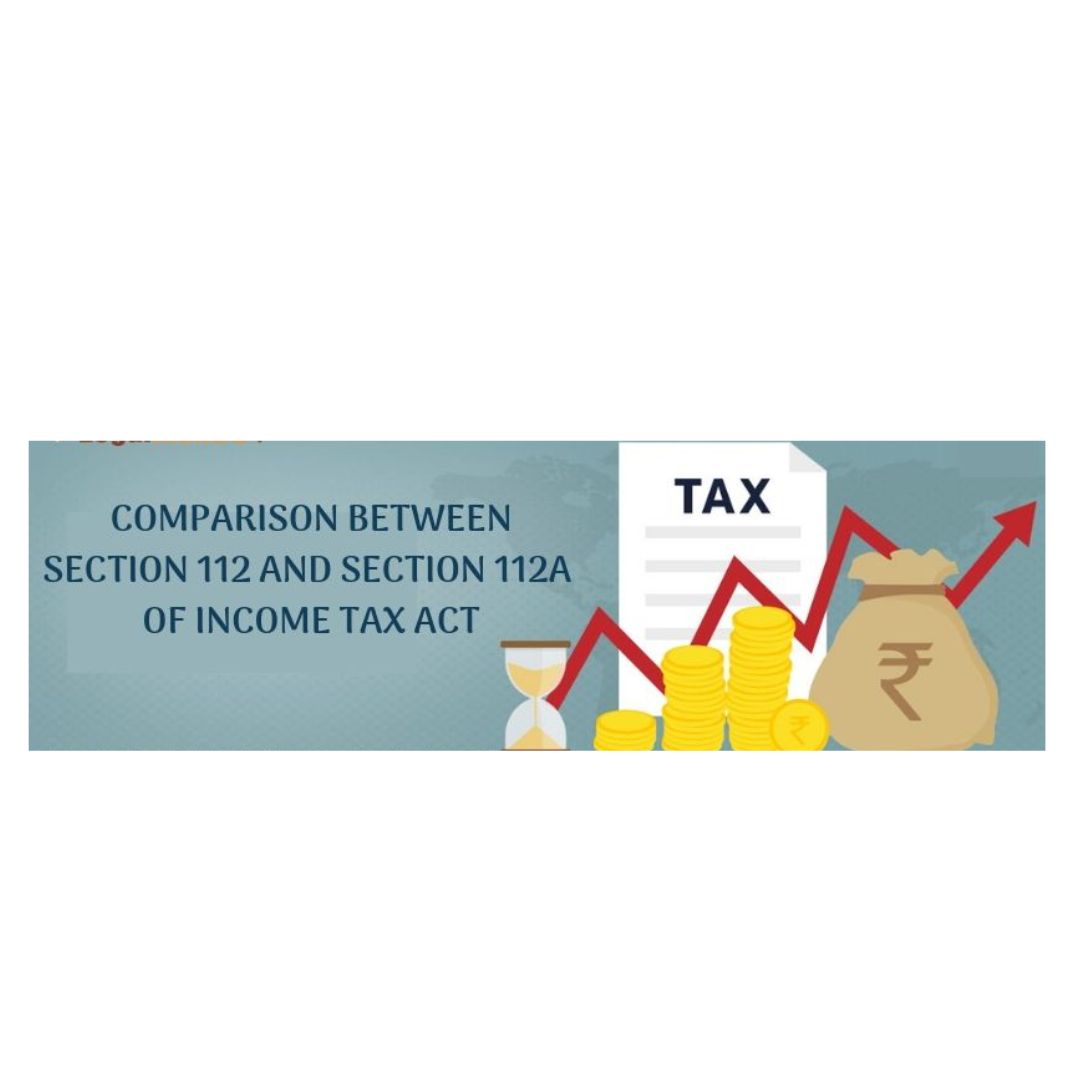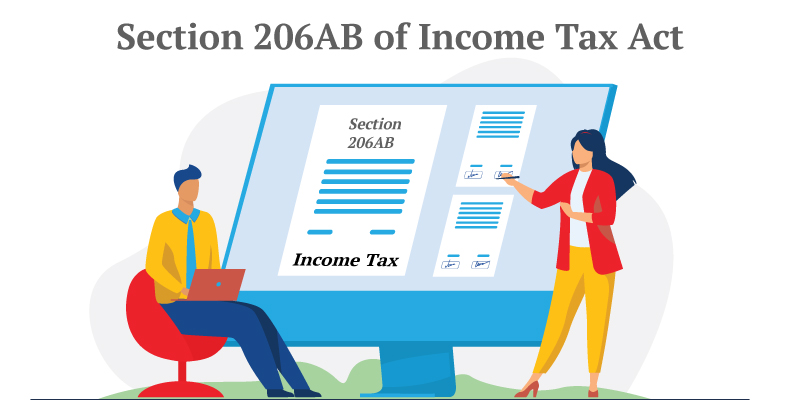What is section 195 of Income Tax Act 1961?
Income Tax Act 1961 Section 195 of the Income Tax Act, 1961 is a crucial provision for the taxation of non-residents in India. It focuses on the tax implications of payments made to non-residents, ensuring that taxes are deduct at source (TDS) on specific types of income earn by non-residents from an Indian… Read More »









